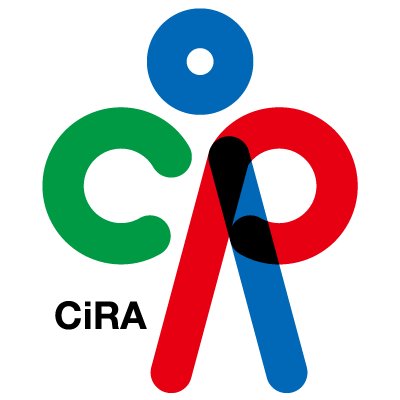 Last March, we reported on the retraction of a 2017 paper in Stem Cell Reports by Kohei Yamamizu and colleagues for widespread fabrication of figures. Turns out the problems were at least five years older than that.
Last March, we reported on the retraction of a 2017 paper in Stem Cell Reports by Kohei Yamamizu and colleagues for widespread fabrication of figures. Turns out the problems were at least five years older than that.
Yamamizu had received a pink slip from his institution, the Center for iPS Cell Research and Application (CiRA), which had put the blame for the misconduct squarely on his shoulders. (The director of the institute, Nobel winner Shinya Yamanaka, also took some of the blame in a public statement in which he said he bore “a strong responsibility for not having prevented research misconduct at our institute.”)
Yamamizu has a new retraction, but this time’s a bit different. Here’s the notice for the paper, “Protein Kinase A Determines Timing of Early Differentiation through Epigenetic Regulation with G9,” which appeared in Cell Stem Cell in June 2012 (Yamanaka was not a co-author on either study). Although the statement acknowledges the internal investigation, it doesn’t mention misconduct or name Yamamizu:
This article has been retracted at the request of the authors. This article reports that protein kinase A (PKA) accelerates early phase differentiation of mouse embryonic stem cells through rapid epigenetic suppression of pluripotent genes with H3K9 histone methyltransferase G9a. We have recently learned that we cannot locate a cell line (tetCA-PKA/G9a cKO cells) described in Figure 5. An investigation was monitored by the director of the Center for iPS Cell Research and Application (CiRA), Kyoto University. Cell stocks labeled as “tetCA-PKA/G9a cKO cells” were found to be an unrelated cell line used in the lab at the same period. The construction process of “tetCA-PKA/G9a cKO cells” was not recorded in lab notebooks. Under these circumstances, we believe that the most responsible course of action is to retract the paper. We sincerely apologize to the scientific community for any inconvenience resulting from the publication and retraction of this manuscript.
Sheila Chari, editor-in-chief of the journal, told us that the journal
worked with the authors to relay a message that reflected the findings from their internal investigation as accurately as possible. As indicated in the retraction notice, the basis for the authors’ decision to retract the paper relates to a lack of clarity about the origins and whereabouts of key reagents used in the study. Their investigation did not find evidence of misconduct related to this paper.
CiRA issued a press release about the article which is somewhat more revealing than the retraction notice:
A research paper published in Cell Stem Cell (CSC) in 2012, which listed Prof. Jun Yamashita of Kyoto University as the corresponding author, has been retracted. The research leading to the article was done when he was affiliated with another institution at the university. The journal issued its retraction notice online at 1 a.m.(JST)on December 28, 2018.
Kyoto University announced in January 2018 that the first author of this CSC article had conducted research fraud in another paper. In response, Prof. Yamashita volunteered to have past articles he co-authored with the first author be reevaluated. Although the research for the CSC article was not conducted at CiRA, several faculty members at CiRA gave him advice on his voluntary reevaluation.
The results were that one cell line described in the CSC article was not found and that the construction process of the cell line was not sufficiently recorded in laboratory notebooks.
Prof. Yamashita reported the findings to an editor of CSC and inquired about the appropriate action including retraction. CSC decided that “the most responsible course of action is to retract the paper.” All authors of the CSC article agreed to the retraction.
Hat tip: Lemonstoism, author of World Fluctuation Watch